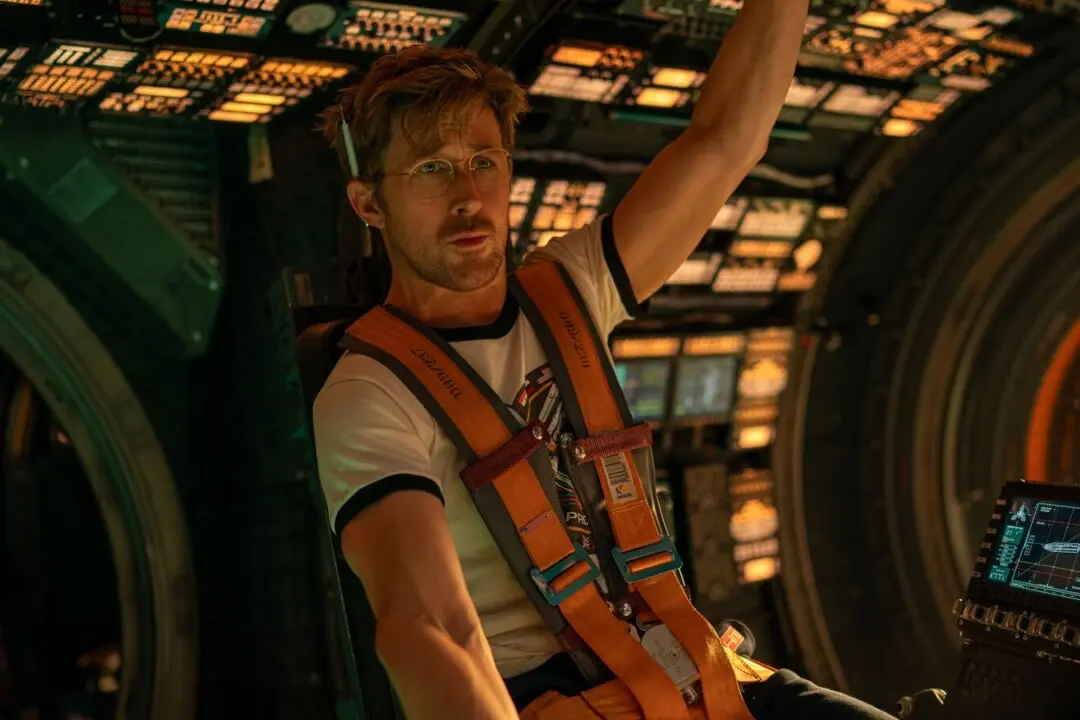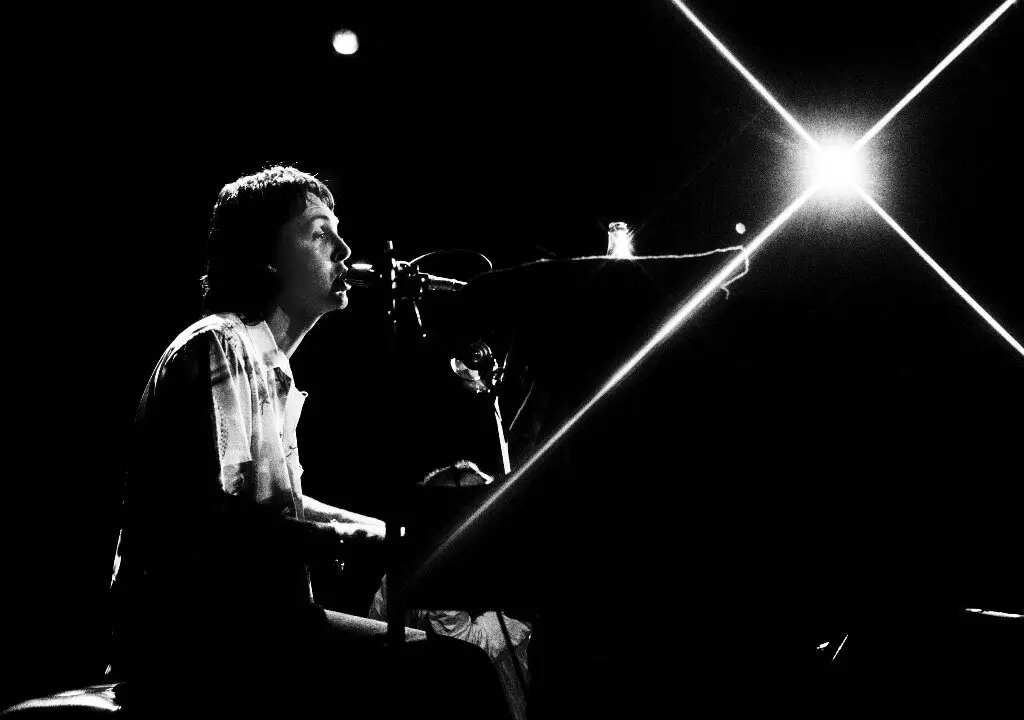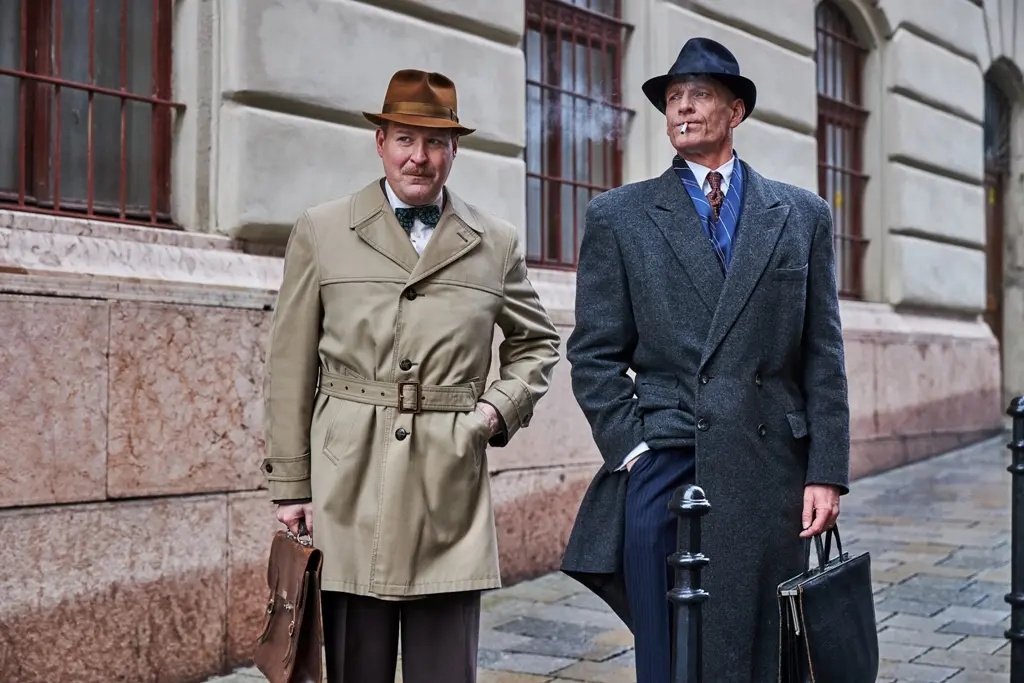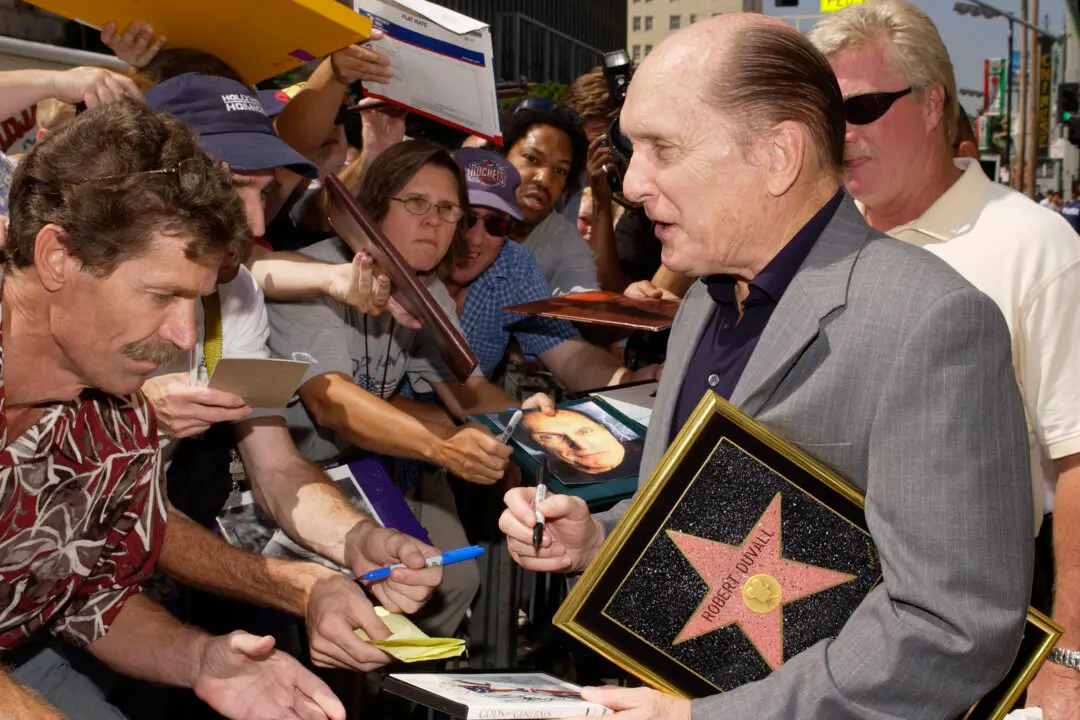While there aren’t many truly great productions of this ilk, a handful or so of the feature films about composers and performers of Classical music are must-see movies whose appeal can and should extend far beyond that particular genre’s already established and dedicated fan base.
The following are my top five all-time favorites in this category, all of which I’ve seen multiple times each and, with every subsequent viewing, I pick up on something I had previously missed.





